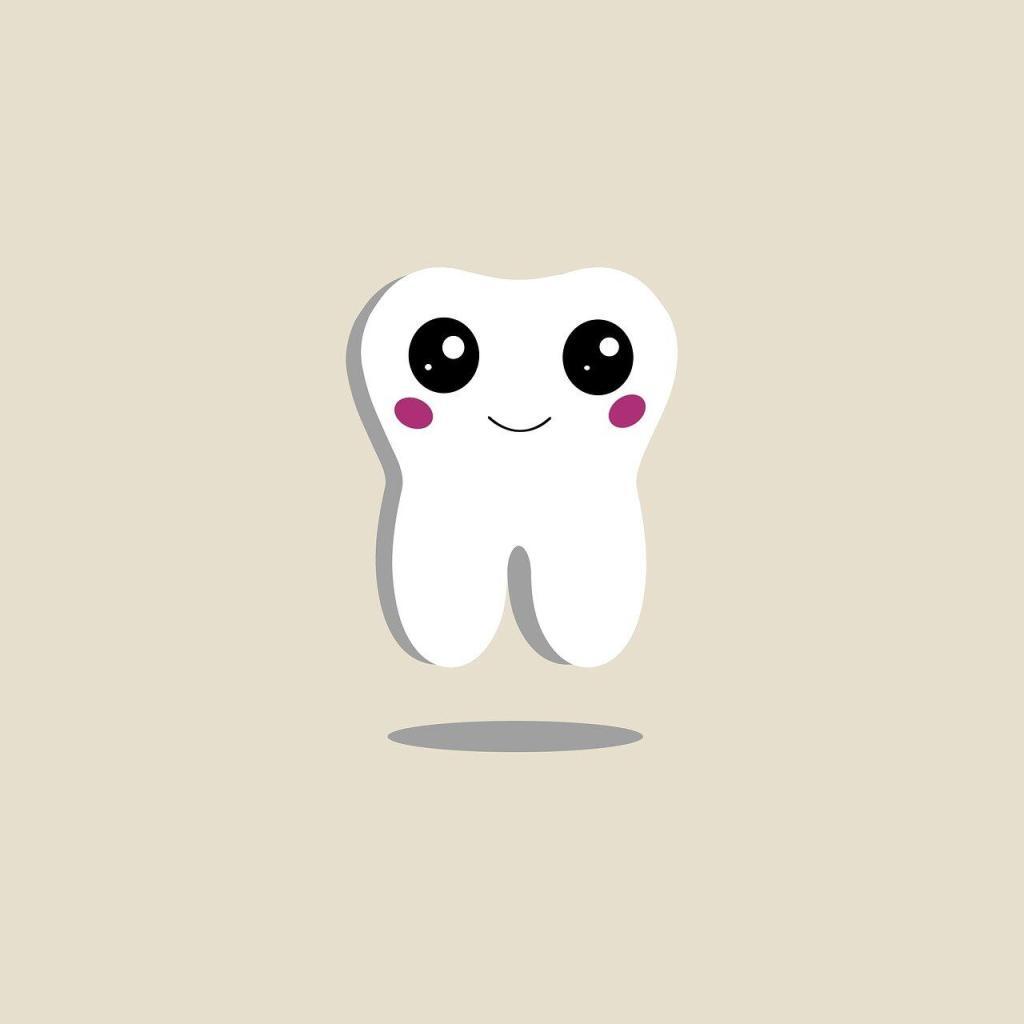As a dental or medical professional, you protect your patients’ sensitive information. Cybersecurity has become a critical concern with the increasing use of technology in healthcare. Cyberattacks can result in patient data theft, leading to identity theft, financial loss, and damage to your practice’s reputation. To avoid such risks, it is essential to comply with cybersecurity standards. This article will discuss the cybersecurity compliance standards that dental and medical professionals should follow to protect patient data.
HIPAA Compliance
The Health Insurance Portability and Accountability Act (HIPAA) is a federal law that sets standards for protecting patients’ health information. HIPAA applies to all healthcare providers, including dental and medical practices. HIPAA compliance requires dental and medical professionals to implement administrative, physical, and technical safeguards to protect patient data.
Administrative Safeguards
Administrative safeguards are policies and procedures that protect patient data. Dental and medical professionals must implement administrative safeguards to protect patient data from unauthorized access or disclosure. Some of the administrative safeguards that dental and medical professionals should implement include:
1. Security Management Process: Dental and medical professionals must implement a security management process that identifies potential risks to patient data and implements measures to mitigate those risks.
2. Workforce Security: Dental and medical professionals must ensure their workforce is trained on HIPAA policies and procedures and follows them.
3. Information Access Management: Dental and medical professionals must implement policies and procedures that limit access to patient data to authorized individuals only.
4. Security Incident Procedures: Dental and medical professionals must have procedures to detect, respond to, and mitigate security incidents.
Physical Safeguards
Physical safeguards are measures that protect patient data from physical threats. Dental and medical professionals must implement physical safeguards to protect patient data from theft, loss, or damage. Some of the physical safeguards that dental and medical professionals should implement include:
1. Facility Access Controls: Dental and medical professionals must implement access controls to limit access to patient data to authorized individuals only.
2. Workstation Use: Dental and medical professionals must ensure that workstations are used securely and that patient data is not left unattended.
3. Device and Media Controls: Dental and medical professionals must implement policies and procedures to protect devices and media containing patient data from unauthorized access or disclosure.
Technical Safeguards
Technical safeguards are measures that protect patient data from electronic threats. Dental and medical professionals must implement technical safeguards to protect patient data from unauthorized access or disclosure. Some of the technical safeguards that dental and medical professionals should implement include the following:
1. Access Control: Dental and medical professionals must implement access controls to limit access to patient data to authorized individuals only.
2. Audit Controls: Dental and medical professionals must implement audit controls to track who has accessed patient data and when.
3. Integrity Controls: Dental and medical professionals must implement measures to ensure that patient data is not altered or destroyed without authorization.
4. Transmission Security: Dental and medical professionals must implement measures to ensure that patient data is transmitted securely over networks.
PCI DSS Compliance
The Payment Card Industry Data Security Standard (PCI DSS) is a set of security standards that apply to all organizations that accept credit card payments. Dental and medical professionals who accept credit card payments must comply with PCI DSS standards to protect credit card data. PCI DSS compliance requires dental and medical professionals to implement administrative, physical, and technical safeguards to protect credit card data.
All of these areas are important for the safeguarding of your ePHI and should not be taken lightly. At Trinity Solutions, Inc., we understand how crucial it is to have your patient data remain safe and will work with you to do what’s necessary to secure it. Please give us a call at 336-303-1730 and let’s discuss what your practice’s unique needs and how we can help assist you. We look forward to your call.




